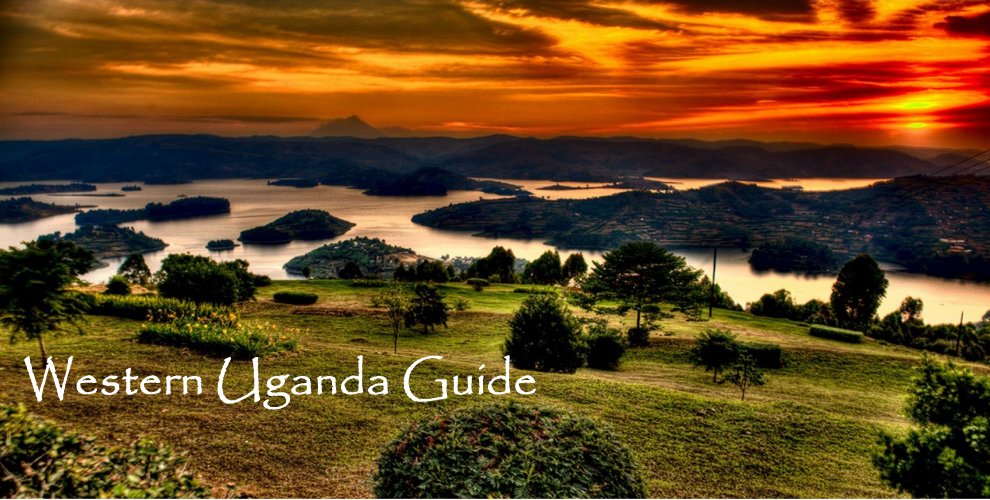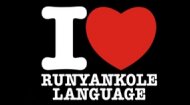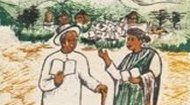
|
|
Learn Runyankole |
Learn Runyankole |
Learn Runyankole |
Learn Runyankole |
Learn Runyankole |
|

Runyankole Language Just over two million, three hundred thousand people speak Runyankole, and unfortunately, the only English Runyankole dictionary is now out of print, although you might track a second-hand one down in bookshops in Mbarara. Increasingly, the use of the official language of English is becoming commonplace and taught in schools, so even a small grasp of the language will get you by in most situations. |








